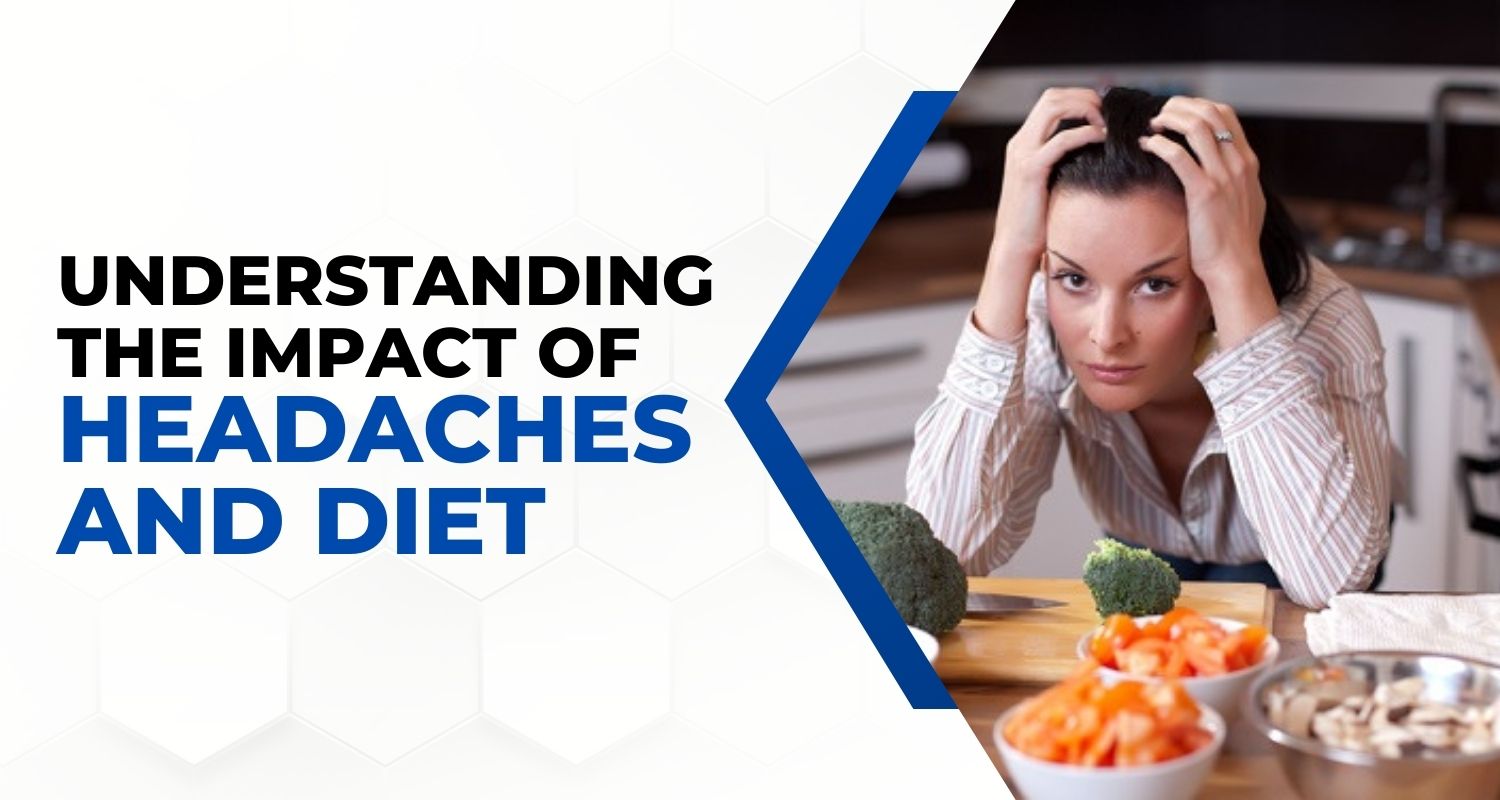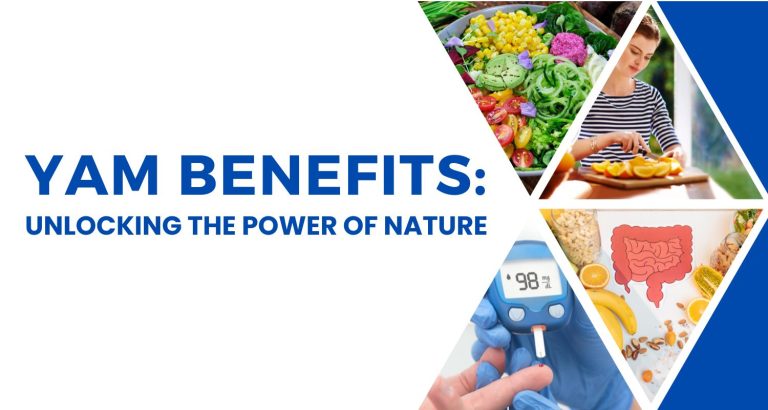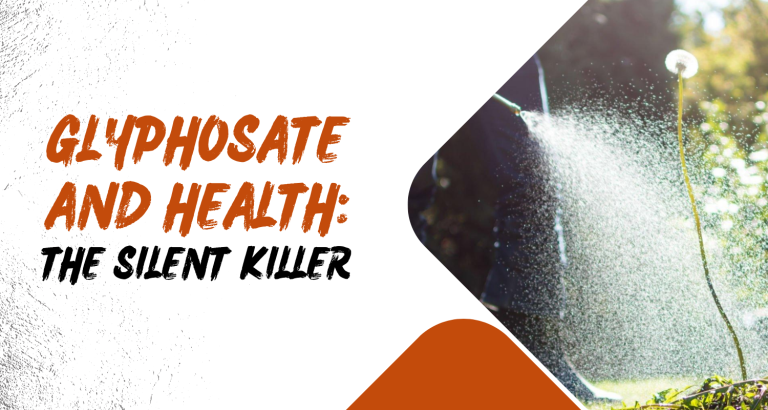Understanding the Impact of Headaches and Diet

Headaches are an unwelcome companion for many, disrupting daily life with discomfort and hindering productivity. To find relief, we often explore various factors, such as stress, sleep patterns, and even environmental triggers. However, one aspect that frequently goes unnoticed is the profound influence of our diet on headaches.
In this blog, we embark on a journey to unravel the intricate relationship between headaches and diet.
Understanding the Link: Headaches and Diet
The connection between our headaches and diet is undeniable, with an intricate interplay extending to headaches, especially migraines. The foods we consume serve as more than mere sources of sustenance; they act as powerful influencers on our well-being, and this influence extends to our susceptibility to headaches.
For individuals grappling with migraines, the significance of maintaining a meticulous balance in their diet cannot be overstated. Migraines, characterized by intense throbbing pain, sensitivity to light and sound, and often accompanied by nausea, can be severely debilitating.
While there are various triggers for migraines, ranging from hormonal changes to environmental factors, the role of diet is increasingly recognized as a crucial factor.
Certain foods and beverages have been identified as potential triggers for migraines. These include, but are not limited to, aged cheese, chocolate, caffeine, alcohol, processed meats, and artificial sweeteners.
The impact of these triggers can vary from person to person, making it essential for individuals suffering from migraines to adopt a personalized and vigilant approach to their diet.
The Best Diet for Migraines: A Holistic Approach
When it comes to the best diet for migraines, adopting a holistic approach is key. Incorporating a variety of nutrient-rich foods can contribute to overall well-being and potentially reduce the frequency and intensity of migraines.
Some beneficial elements to include in a migraine-friendly diet are:
- Magnesium-Rich Foods: Magnesium has been linked to migraine prevention. To boost magnesium levels, Include leafy greens, nuts, seeds, and whole grains.
- Hydration: Dehydration is a common headache trigger. Ensure you stay well-hydrated by drinking adequate water throughout the day.
- Omega-3 Fatty Acids: Found in fatty fish, flaxseeds, and walnuts, omega-3 fatty acids possess anti-inflammatory properties that may benefit migraine sufferers.
- Ginger: Known for its anti-inflammatory properties, ginger can be a valuable addition to a migraine diet. Consider incorporating fresh ginger into meals or enjoying it as tea.
Headache and Diet: What is Migraine?
A migraine is not just an ordinary headache; it is a complex neurological condition characterized by severe, pulsating pain often accompanied by other symptoms like nausea, sensitivity to light and sound, and, in some cases, visual disturbances known as auras.
Migraines can significantly impact a person’s quality of life, leading researchers and healthcare professionals to explore various aspects, including the potential link between diet and migraine occurrence.
The connection between diet and migraines is multifaceted. While not every migraine sufferer experiences triggers related to their dietary choices, for some individuals, certain foods and beverages can indeed provoke or exacerbate migraine attacks. Understanding and identifying these triggers become crucial steps in managing and preventing migraines.
Migraine Prevention Diet: Long-term Strategies for Relief
Preventing migraines requires a sustained commitment to a healthy lifestyle and dietary choices. Beyond avoiding trigger foods, the following strategies can contribute to long-term migraine prevention:
- Regular Meal Schedule: Irregular eating patterns and skipping meals can trigger migraines. Establishing a consistent meal schedule helps stabilize blood sugar levels, reducing the likelihood of headaches.
- Limiting Caffeine: While some people find relief from migraines through caffeine consumption, excessive intake can also trigger headaches. Maintain a moderate and consistent level of caffeine intake.
- Balanced Blood Sugar: Consuming a balanced diet with a mix of carbohydrates, proteins, and fats helps regulate blood sugar levels. Fluctuations in blood sugar can contribute to headaches.
- Stress Management: Chronic stress is a known migraine trigger. Incorporate stress-reducing activities such as meditation, yoga, or deep breathing exercises into your routine.
Keto Headache: Navigating Challenges in the Ketogenic Diet
The ketogenic diet, characterized by low-carbohydrate and high-fat intake, has gained popularity for its potential weight loss benefits. However, some individuals may experience “keto headaches” during the initial stages of the diet.
Understanding and addressing these challenges is essential for a smooth transition into ketosis. Keto headaches are often attributed to dehydration and electrolyte imbalances as the body adapts to the reduction in carbohydrate intake.
To alleviate keto headaches, consider the following strategies:
- Hydration: Drink plenty of water to stay hydrated, especially during the initial phase of the ketogenic diet. Adequate water intake helps flush out toxins and supports overall well-being.
- Electrolyte Supplementation: Replenish electrolytes, such as sodium, potassium, and magnesium, to counteract imbalances that may contribute to headaches. This can be achieved through dietary sources or supplements.
- Gradual Transition: Rather than abruptly shifting to a ketogenic diet, consider gradually reducing carbohydrate intake. This can help the body adjust more smoothly, potentially minimizing keto headaches.
Conclusion
The relationship between headaches and diet is complex but manageable. Adopting a diet, exploring migraine elimination diets, and embracing long-term migraine prevention strategies can significantly impact the frequency and intensity of headaches.
Additionally, for those considering a ketogenic diet, understanding and addressing potential challenges like keto headaches is crucial for a successful and sustainable dietary transition. By making informed and mindful choices in our headache diet, we can empower ourselves to manage headaches better and enhance our overall well-being.






